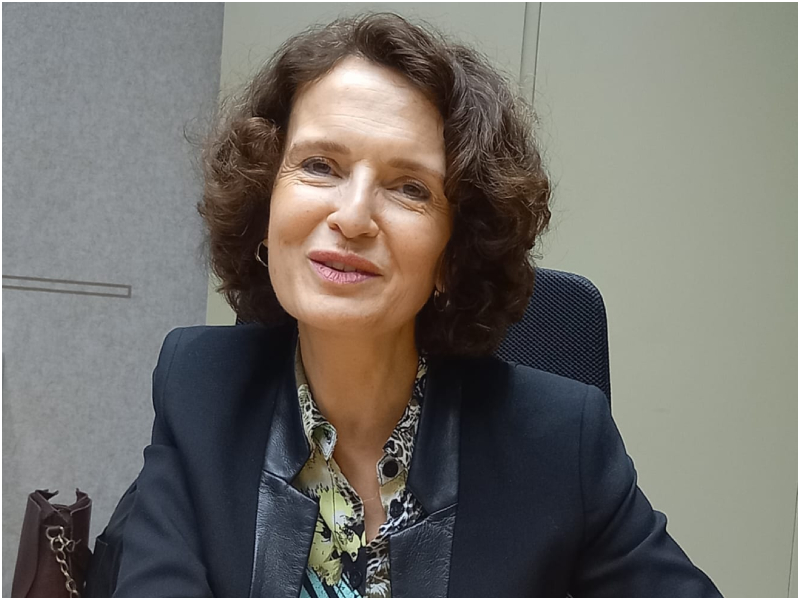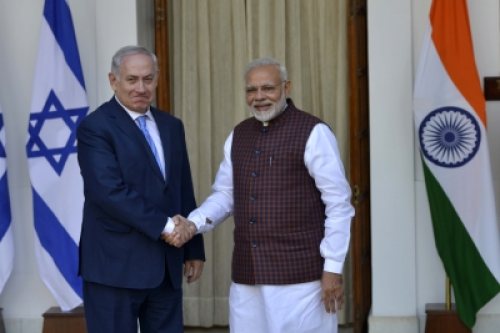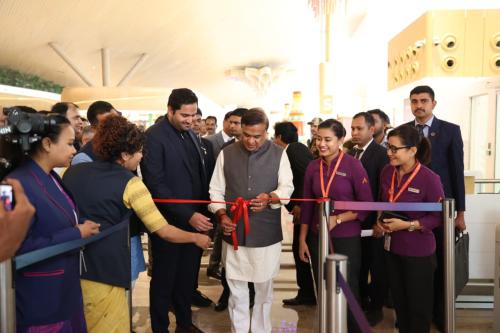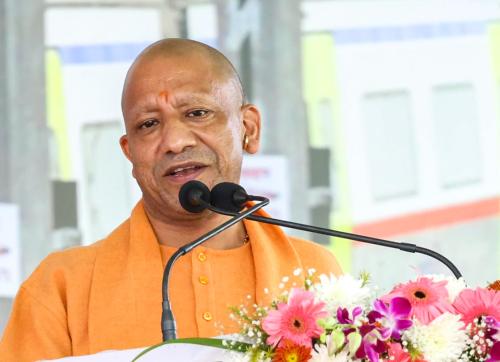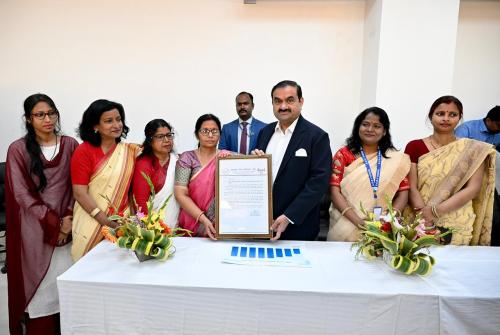New Delhi, Feb 21 (IANS) As many as 25 million Indians enter the legal drinking age every year and they represent a huge opportunity for alcobev companies.
The Chairwoman and CEO of The Absolut Company, Stephanie Durroux, on a visit to India, shared this number in the course of a conversation that revolved around how drinking preferences are changing in the Indian market, especially among young people.
Quoting the authoritative International Wine and Spirits Report (IWSR), Durroux pointed out that premium drinks, such as the popular Swedish vodka brand Absolut and Beefeater Gin, the top brands in her portfolio, are seeing a 10-12 per cent year-on-year market growth.
"The Indian market is premiumising and this trend is also palpable in non-metro cities and towns," Durroux said, adding that this trend is visible even in the gin segment. The Indian market, she observed, is very much up-to-date about what's happening around the world, which is in the midst of a gin revolution.
Apart from Beefeater, Absolut's gin portfolio includes Monkey 47, a Black Forest gin with 47 botanicals that comes in a 500ml bottle and has a higher alcohol content (47 per cent); the Italian Malfi (as the name indicates, it's from the Amalfi coast); and the Japanese KI NO BI, from Kyoto.
Durroux noted that India has emerged as Absolut's seventh largest market, driven by a 20 per cent year-on-year growth, and is poised to go up to the third position in the foreseeable future. To celebrate the brand's phenomenal growth across the country, Absolut recently dedicated a limited-edition bottle to India.
Carrying on a tradition that started in 1986 with the iconic Absolut Warhol campaign featuring Andy Warhol's pop art, the brand commissioned Osheen Siva, an artist who combines digital illustrations with vibrant elements drawn from her Dalit and Tamil heritage, to produce a limited-edition bottle.
The bottle has two representations of the Indian woman showing her metamorphosis from the traditional to the futuristic.
Durroux explained that the reasons for the vodka's popularity are its "cocktail-friendliness" ("to bartenders it offers a canvas for creativity") and "inclusivity".
"More women are comfortable imbibing vodka cocktails and men also move to white spirits in their company," she said to explain the rise of white spirits in a traditionally brown spirits-dominated market.
Another factor driving Absolut's growth, according to Durroux, is the success of its flavoured vodkas, whose market share has risen from 8 per cent to 17 per cent of the brand's sales.
The citrus and raspberry flavours are all-time favourites, the recently launched grapefruit is catching on, and another one is in the pipeline, but Durroux chose to not disclose what it is.



